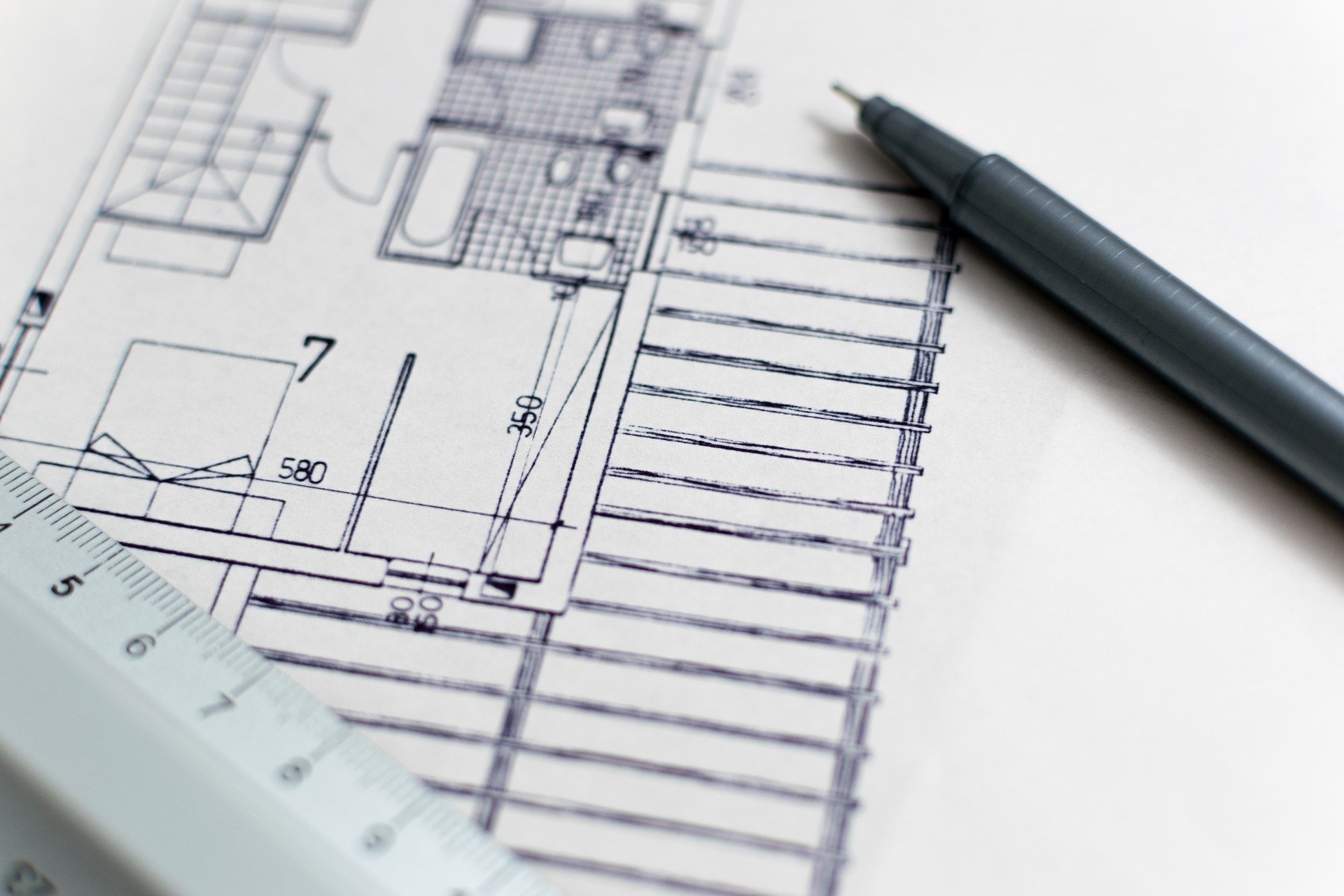It is a modern world we live in, and whether you like to believe it or not, closed-circuit television has placed itself prominently within our daily lives.
As you may already know, CCTV plays a crucial part in all areas of society and industries. Great as a deterrent, security systems have been extremely helpful in crime prevention, surveillance and prosecution.
Installing secure safety systems and CCTV on your premises
But these days, CCTV and security systems have become an essential piece of equipment for business owners and homeowners across the country, specifically in areas like Surrey, Kent and London.
If you are considering the installation of a CCTV system for your business or home, it is important that you know the rules and legalities as well as carrying out an adequate risk assessment before you make your equipment live.
See: Government guidance on domestic CCTV or Guidance for commercial premises
This will ensure the safe implantation of CCTV fittings – and if this sounds too much for you, we would recommend trusting a professional CCTV installer, who will automatically cover all the bases to ensure a smooth and easy wireless CCTV installation.
Assessing the risk: What needs to happen
- It is hugely important the desired areas where the cameras are intended to be installed are assessed correctly. This is vital in terms of understanding where to effectively position the camera and ensuring it is in places that are well-lit unless opting for more advanced security systems that can detect movement in the dark.
- When installing cameras outside you need to ensure your cable connections are properly protected due to the weather and elements. Water damage is the most common in breaking security systems. So opting for a wireless and waterproof security system will work the best.
- Understand data protection rules and regulations before your install your surveillance system. You will be under a legal responsibility to comply with the Data Protection Act. Read more.
- Consider keeping your video recorded files off-site as to not lose evidence.
- Carry out regular checks and assessments of how your equipment is operating.
- Have a plan set in place for when emergencies do happen. Who should you call?
Read more about installing CCTV:
